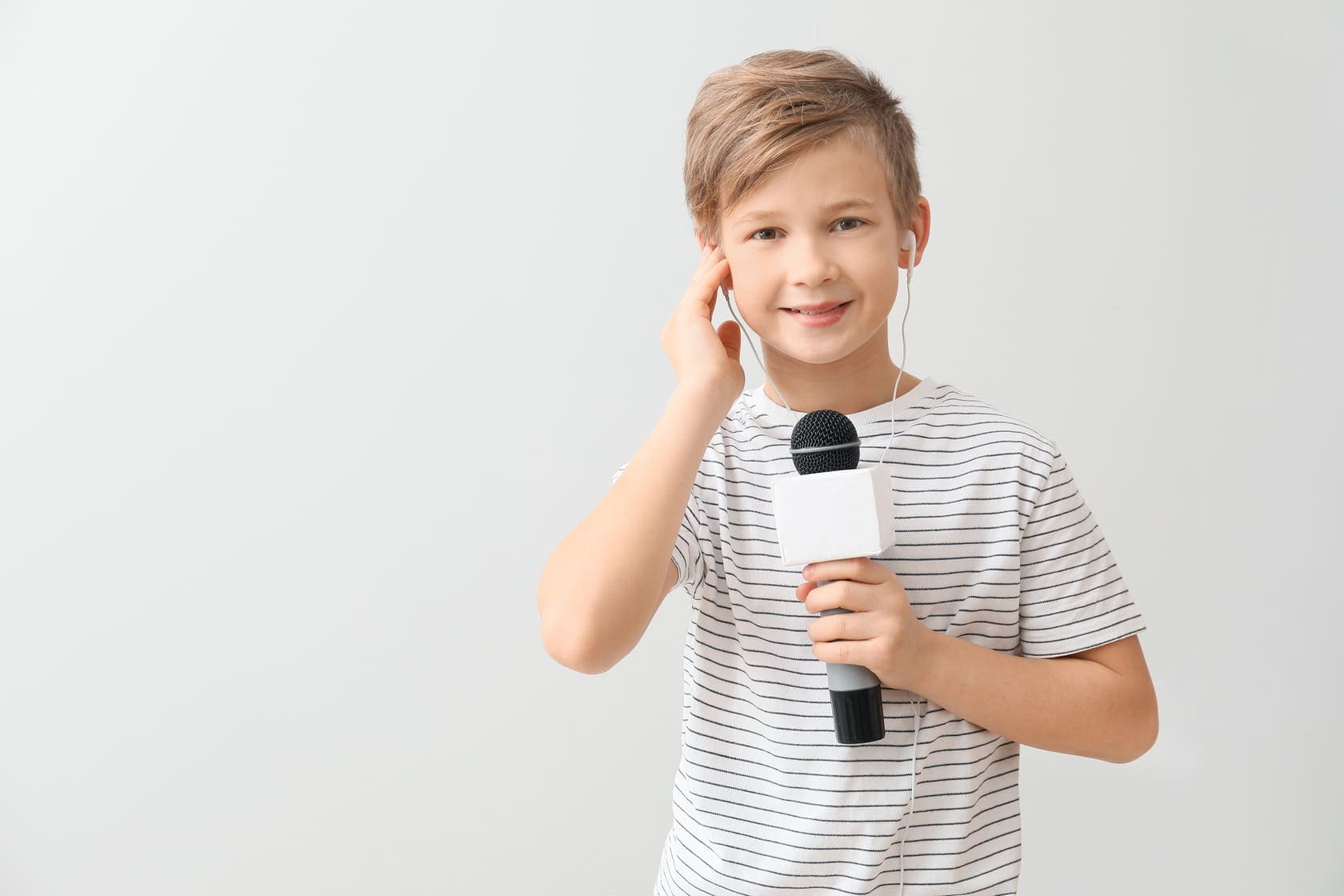What is Phonological Awareness and Why Is It Important?
January 3, 2025

What is Phonological Awareness?
Phonological awareness is the ability to recognize and manipulate the sounds in spoken language. It’s a broad skill that includes different levels of sound awareness, such as:
Rhyming: Recognizing and creating words that rhyme (like “cat” and “hat”).
Syllable Awareness: Breaking words into syllables or counting syllables (for example, "but-ter" has two syllables).
Sound Awareness: Recognizing and manipulating individual sounds in words, like identifying the first or last sound in a word.
While phonological awareness focuses on how language sounds work, it forms the foundation for understanding written language.
Why is Phonological Awareness Important?
Phonological awareness is crucial because it directly impacts a child’s ability to read and write.
Here are the key reasons why this skill is so important:
1. It Supports Reading and Spelling
Phonological awareness is one of the biggest predictors of how well a child will read and spell. When children understand how sounds work together in words, they can begin to decode (sound out) words when reading and encode (spell) them when writing. For example, a child with strong phonological awareness skills can break down a word like “dog” into sounds and blend them together to read it correctly.
2. It Helps with Word Recognition
Kids who have strong phonological awareness are better at recognizing familiar words by sight. When children understand how sounds form words, they can recognize common words more easily in a text. This skill is important for fluency, as it allows children to move from sounding out each word to reading smoothly.
3. It Builds Confidence in Early Readers
Phonological awareness helps children feel more confident when they start reading. Once they understand how sounds work, kids can begin reading independently, which boosts their motivation to keep practicing. The more confident children feel about their reading skills, the more they will engage with books and enjoy learning.
4. It’s Linked to Later Academic Success
Phonological awareness is strongly linked to future reading success. Studies show that children who struggle with phonological awareness in preschool or kindergarten often face challenges with reading and writing later on. Early support in developing phonological awareness can significantly improve their chances of becoming strong readers and writers as they grow.
How Can You Support Phonological Awareness at Home?
There are many fun and simple ways you can help your child build phonological awareness:
Play rhyming games: Read books with rhymes, or make up your own rhymes together to help your child recognize similar sounds.
Clap syllables: Say words out loud and clap for each syllable, like “ta-ble” or “el-e-phant,” to help them understand the rhythm of language.
Practice blending sounds: Say sounds slowly (like "c-a-t") and have your child guess the word, then try blending other words together.
Segment words: Take a word like “dog” and ask your child to break it down into its individual sounds: “d-o-g.”
Sound identification: Play games where your child identifies the first or last sounds of words, such as asking, “What sound does ‘sun’ start with?”
Phonological awareness is a vital skill that helps children succeed in reading and writing. By nurturing this ability early, you’re giving your child a strong foundation for literacy development that will benefit them throughout their academic journey and beyond. If you think your child might need extra support in this area, don’t hesitate to contact us now!
Phonological awareness is the ability to recognize and manipulate the sounds in spoken language. It’s a broad skill that includes different levels of sound awareness, such as:
Rhyming: Recognizing and creating words that rhyme (like “cat” and “hat”).
Syllable Awareness: Breaking words into syllables or counting syllables (for example, "but-ter" has two syllables).
Sound Awareness: Recognizing and manipulating individual sounds in words, like identifying the first or last sound in a word.
While phonological awareness focuses on how language sounds work, it forms the foundation for understanding written language.
Why is Phonological Awareness Important?
Phonological awareness is crucial because it directly impacts a child’s ability to read and write.
Here are the key reasons why this skill is so important:
1. It Supports Reading and Spelling
Phonological awareness is one of the biggest predictors of how well a child will read and spell. When children understand how sounds work together in words, they can begin to decode (sound out) words when reading and encode (spell) them when writing. For example, a child with strong phonological awareness skills can break down a word like “dog” into sounds and blend them together to read it correctly.
2. It Helps with Word Recognition
Kids who have strong phonological awareness are better at recognizing familiar words by sight. When children understand how sounds form words, they can recognize common words more easily in a text. This skill is important for fluency, as it allows children to move from sounding out each word to reading smoothly.
3. It Builds Confidence in Early Readers
Phonological awareness helps children feel more confident when they start reading. Once they understand how sounds work, kids can begin reading independently, which boosts their motivation to keep practicing. The more confident children feel about their reading skills, the more they will engage with books and enjoy learning.
4. It’s Linked to Later Academic Success
Phonological awareness is strongly linked to future reading success. Studies show that children who struggle with phonological awareness in preschool or kindergarten often face challenges with reading and writing later on. Early support in developing phonological awareness can significantly improve their chances of becoming strong readers and writers as they grow.
How Can You Support Phonological Awareness at Home?
There are many fun and simple ways you can help your child build phonological awareness:
Play rhyming games: Read books with rhymes, or make up your own rhymes together to help your child recognize similar sounds.
Clap syllables: Say words out loud and clap for each syllable, like “ta-ble” or “el-e-phant,” to help them understand the rhythm of language.
Practice blending sounds: Say sounds slowly (like "c-a-t") and have your child guess the word, then try blending other words together.
Segment words: Take a word like “dog” and ask your child to break it down into its individual sounds: “d-o-g.”
Sound identification: Play games where your child identifies the first or last sounds of words, such as asking, “What sound does ‘sun’ start with?”
Phonological awareness is a vital skill that helps children succeed in reading and writing. By nurturing this ability early, you’re giving your child a strong foundation for literacy development that will benefit them throughout their academic journey and beyond. If you think your child might need extra support in this area, don’t hesitate to contact us now!
